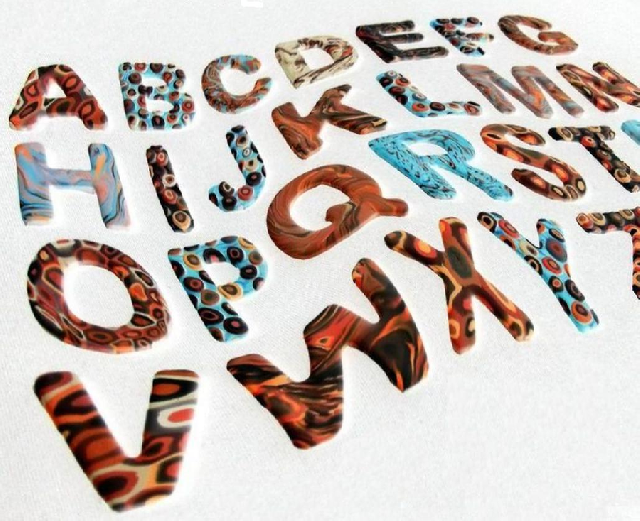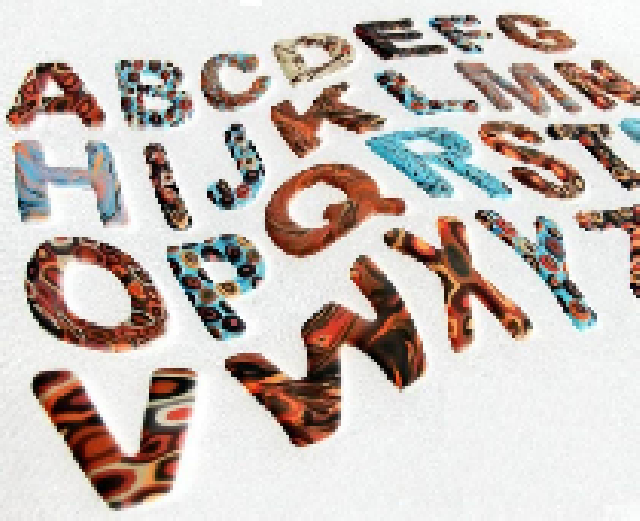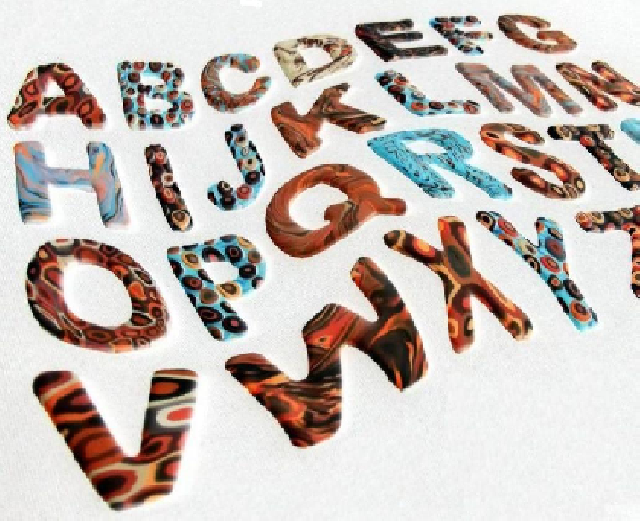Foreign language learning methods have changed dramatically in recent years, with some of the pundits even advocating the idea of completely doing away with grammar rules and focusing on genuine, authentic communication. However, we thought it was about time for you to get to grips with some grammar. Good old grammar, as they say. A satisfactory command of adverbial usage is important in Romanian, if you want to get your message across to your interlocutor.
acum = now
aici = here
acolo = there
ieri = yesterday
alaltăieri = the day before yesterday
astăzi (azi) = today
mâine = tomorrow
poimâine = the day after tomorrow
mereu /întotdeauna = always
niciodată = never
uneori = sometimes
în fiecare zi = every day
în fiecare dimineată = every morning
în fiecare seară = every evening
acum 3 zile (cu 3 zile în urmă) = three days ago
săptămâna aceasta (asta) = this week
anul acesta (ăsta) = this year
săptămâna trecută = last week
anul trecut = last year
săptămâna viitoare / următoare = next week
anul viitor / următor = next year
Now let us use some of the words and phrases in meaningful sentences:
Acum am de scris un email
I have to write an email now.
In fiecare dimineata alerg 30 minute.
Every morning I go jogging for thirty minutes.
Last week I went to the mountains with my brother.
Saptamina trecuta am fost cu fratele meu la munte.
Last week I went to the mountains with my brother.
Poimiine o voi vizita pe matusa mea din Timisoara.
The day after tomorrow I will visit my aunt in Timisoara.
Thank you ALL for the interest you take in Romanian culture, and for being so keen on learning Romanian with us. Good Bye!


